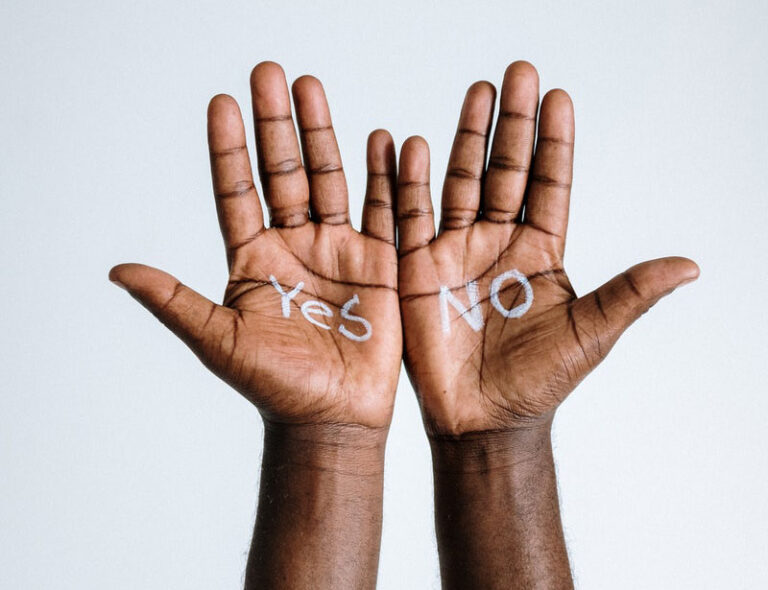What do your donors prefer?

Recently, I have had a number of conversations about how best to offer donors’ genuine choice in terms of the communications they receive from charities. It is an interesting issue, not least I think because by acting in haste, we can often be in danger of cutting off our noses to spite our respective faces.
There seems to be an increasing number of charities offering mailing preferences and options right up front at the point of first contact. Done well with the prerequisite planning, there is nothing wrong with this, but I have been a little alarmed recently by the often very bald statements and accompanying tickboxes that I think are doing us no favours at all.
Specifically, there are two key issues to consider here. Firstly, by offering donors full control over the communications they receive from you, before they’ve ever seen the majority of them seems a little short-sighted to me. How do I know as a donor whether I want newsletters, annual reviews, event opportunities, Christmas Cards, Virtual Gifts or any of the other vast array of offers many charities have if I have never seen them or even know that you are active in these areas? Yet by giving me the option to immediately exclude myself from more or less everything that a charity does, this is exactly what happens.
Not only that, but you are immediately prevented from building any kind of meaningful relationship with them. And often, it seems to me, the donor can be making an entirely instinctive choice to exclude themselves based on an entirely laudable motive – that of saving the charity money.
I have witnessed just such a paradox in many of the Focus Groups that I have facilitated.
The participants believe that by opting out of communications they will save the charity money and obviously this is an important consideration for them.
When you then ask them how important feedback and knowing how their donation has been used is, they (almost always) confirm that this is very important and that it is necessary to keep them interested and engaged with the charity.
Consequently, when you then ask them how they would like the charity to do this, they realise they do want the newsletter and other communications after all.
Often you can see the recognition dawn on their faces and when given the choice of saving the charity money and knowing how their gift is being used, they opt for the latter.
Therefore, offering your supporters the option of opting out of some or all of your communications needs to be done with careful thought and planning and with a thorough examination of the implications. I know of at least one charity that is deferring these options for eighteen months to two years so that their supporters will make decisions based on an existing relationship of some maturity rather than a initial one-off experience. This seems to me to be an eminently sensible approach and much more likely to bear fruit and retain loyalty in the longer-term.
Worth thinking about!


